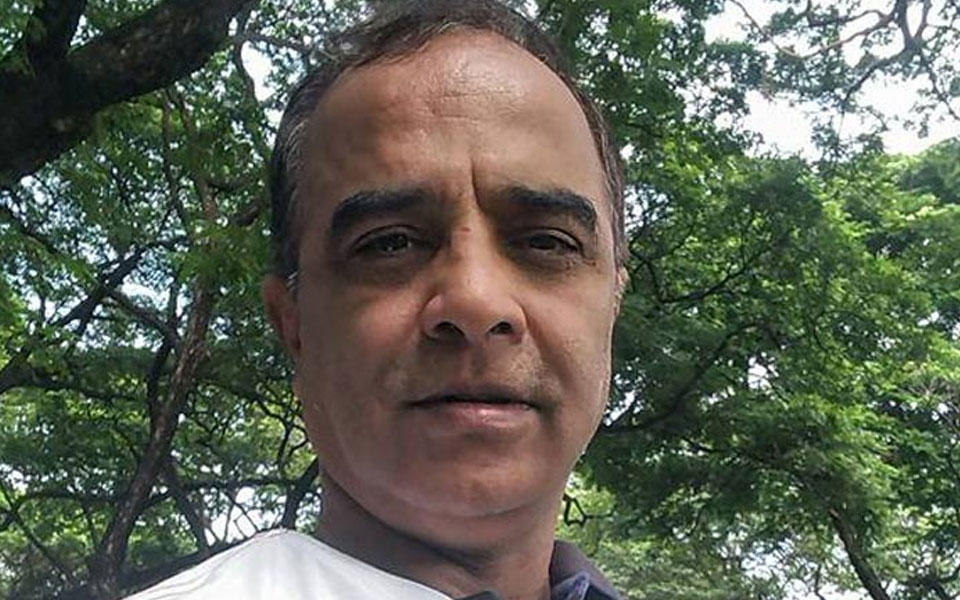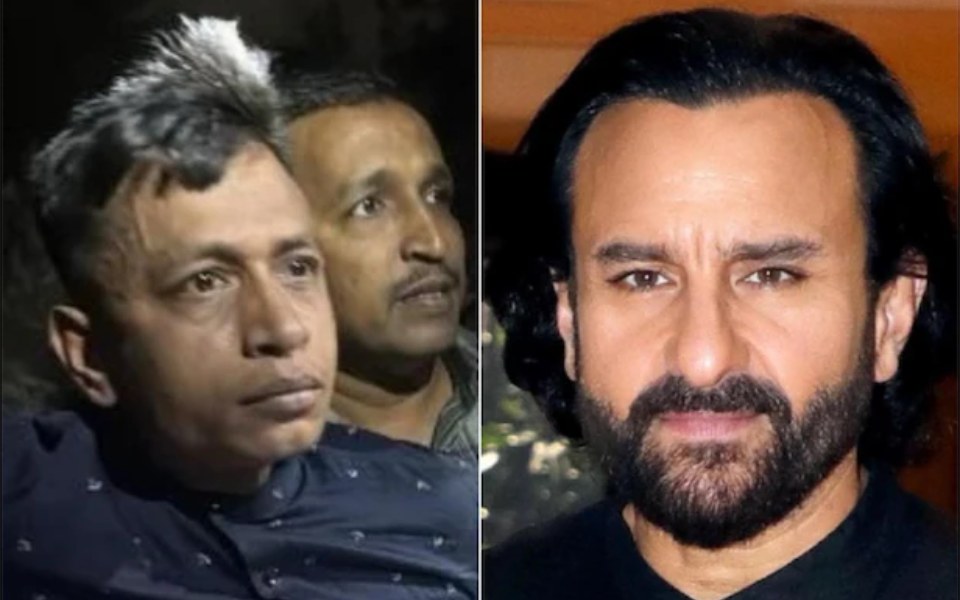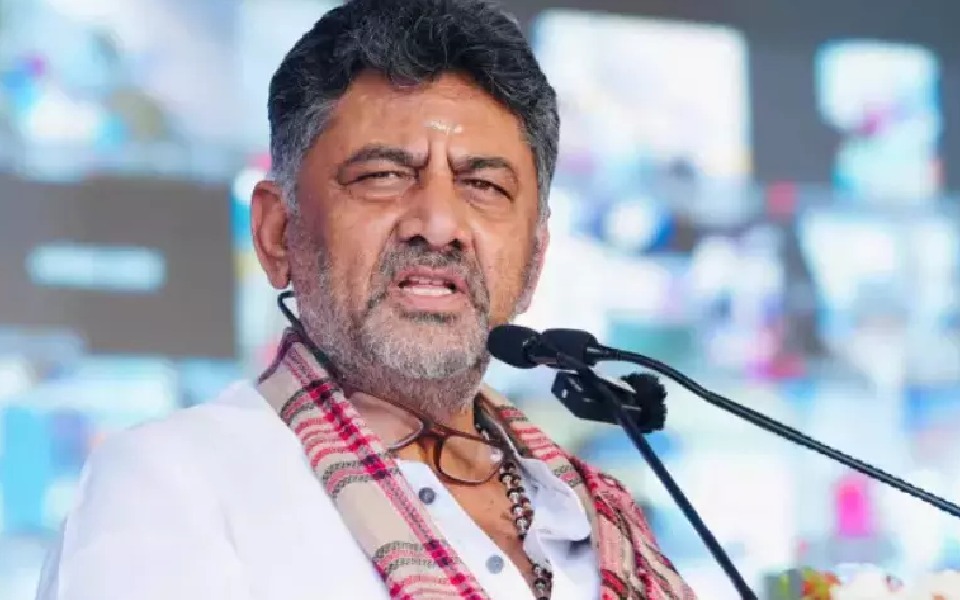A Hyderabadi man is facing severe backlash on social media after his appeal on the current situation in Kerala has gone viral. In the two-minute audio message, a person who identifies himself as Suresh Kochattil, claimed that he was stuck in Kochi due to floods when he was trying to reach his village which is an hour's drive from the city.
In the audio clip, he is heard saying most of the families who were affected by the floods were middle class, upper middle class or superbly rich and they do not require money or essential items. He also claimed that electricity supply is intact in many areas. He went on to say those affected by floods require only skilled labourers like electricians and carpenters and asked people to arrange for these instead of sending them cash.
According to his Facebook profile, Suresh Kochattil, a social media member of the BJP IT cell, is a native of Kerala settled in Hyderabad. After his audio clip went viral, a large number of netizens slammed him for misleading and insensitive comments. Soon, he came out with a Facebook post with the claim that he was being threatened by the CPI(M) cadre from Kerala.
A number of celebrities and prominent personalities, including popular actor Dulquer Salmaan, have openly criticised Kochatil. In an Instagram post, the actor asked people not to believe him but contribute generously to help those affected by floods.
“Another shocking revelation that we have come across is that a man who led PM Modi's campaign in Kerala, Suresh Kochattil, is spreading false information to prevent people from sending relief funds to Kerala,” was a tweet from official Congress twitter handle.
Kochattil worked in a senior non-editorial position in a well-known media house in Hyderabad. During 2014 elections and later, Kochattil was active on various social media forums, posting his strong political views. He is also a known face in the Hyderabad community of adventure lovers. He was an active member of Greater Hyderabad Adventure Club (GHAC) and was closely involved in the operations and management of the club.
Despite repeated attempts, Kochattil could not be contacted on phone and he did not respond to messages on Facebook.
courtesy : theweek.in
Let the Truth be known. If you read VB and like VB, please be a VB Supporter and Help us deliver the Truth to one and all.
Mumbai, Jul 25 (PTI): Police have opposed the bail plea of the Bangladeshi national arrested for allegedly stabbing Bollywood actor Saif Ali Khan with a knife and injuring him at his home here in January this year, telling a Mumbai court there was "strong evidence" against the accused.
Citing a Forensic Science Laboratory report, police reiterated before the sessions court their earlier claim knife fragments that got lodged near the actor's spine during the attack as well as a part found at the crime spot have matched with the weapon recovered from the accused, Shariful Islam.
These three pieces were part of the same weapon (knife) used to attack the filmstar, the police said in a written response to the accused's plea submitted in the court on Thursday (July 24).
Khan was repeatedly stabbed with a knife by an intruder inside his 12th floor apartment in upscale Bandra on January 16 during a robbery attempt.
The 54-year-old actor underwent surgery at Lilavati Hospital to remove a piece of knife that got lodged near his spine during the attack. He was discharged from the private hospital after five days.
Shariful Islam, a Bangladeshi national, was arrested two days later for allegedly stabbing Khan.
The police, in their response, highlighted that the accused is a Bangladeshi citizen residing illegally in India.
If granted bail, there was a possibility that he may flee India and not appear before the court during the trial. The crime committed by the accused is of a "very serious nature, and strong evidence" is available against him, they argued.
In his bail plea, filed through advocate Vipul Dushing, the accused asserted he was innocent and had no prior criminal record.
Investigation into the case has practically concluded with only the filing of a chargesheet pending, the accused contended while seeking bail.
The alleged attacker has been booked under Bharatiya Nyaya Sanhita (BNS) sections related to house trespass, robbery and dacoity with attempt to cause death or grievous injury.





